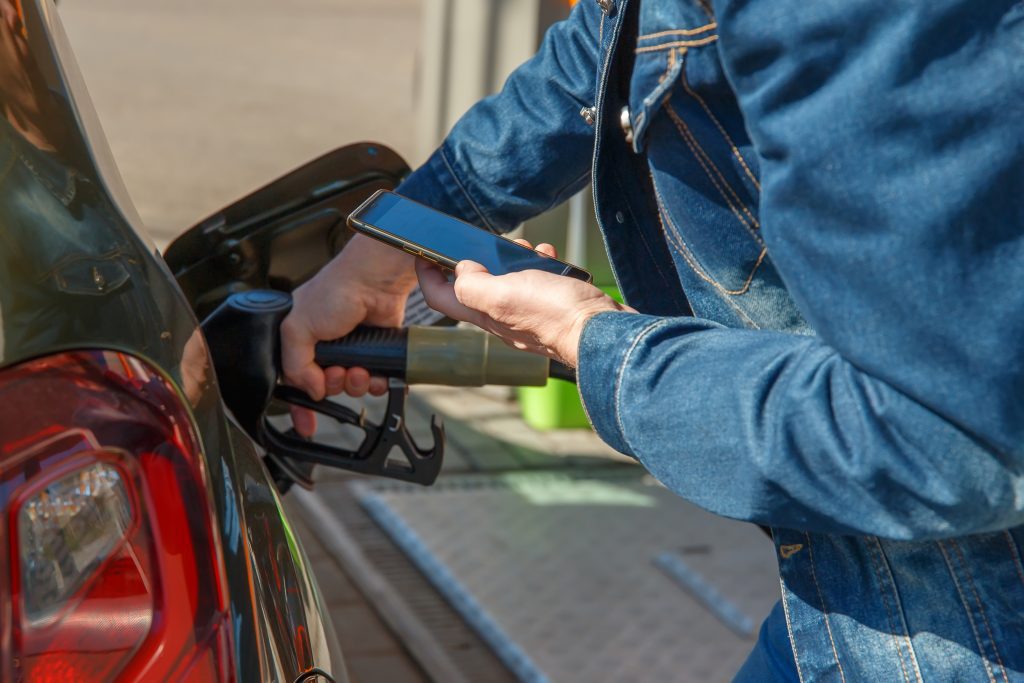I wrote recently about how Amazon is transforming retail with stores that have no cash registers, effectively enabling customers to spend 100% of their time in the store shopping for products without having to allot time to queue at the checkout. This crystallizes everything that is driving the hyper-growth of fintech today: eliminate the payment process as a separate workflow, and allow payments to occur within the workflows that created them.
The story continues with Ryd, a fintech company focused on integrating payments for vehicle-related purchases for fueling, charging, and washes, into the onboard systems of automobiles. Ryd is active today at over 3,000 service stations in 7 countries linking over 1.4m direct customers. Ryd’s integrated payments technology has caught the interest of BP Ventures, the investing arm of oil and gas giant BP, who recently announced an $11m+ investment in the fintech start-up. “In-car digital payments are an integral part of the seamless and convenient experience that customers increasingly expect at our retail sites,” Alex Jensen, bp’s senior vice president mobility and convenience, Europe and Southern Africa, said in a statement. “Ryd’s technology can help deliver just that, and for an increasing range of services.”
In other words, BP wants their customers to experience hassle-free visits to their retail locations, where they can fuel or recharge, visit the convenience store, and take a break from their drive without having to worry about a payment transaction. Much like what Amazon has done in retail, focus on delivering value to the customer, and let the customer enjoy their experience at your location, while the payment disappears as a separate transaction and occurs seamlessly in the background.
This is creating the Paradox of Payments: at the same time that payment technology is coming to the forefront, it’s also fading into the background. Consumers are becoming more aware of payment options, and at the same time relegating their payment choices to wallets and stored credentials.
Overview by Don Apgar, Director, Merchant Services Advisory Practice at Mercator Advisory Group
